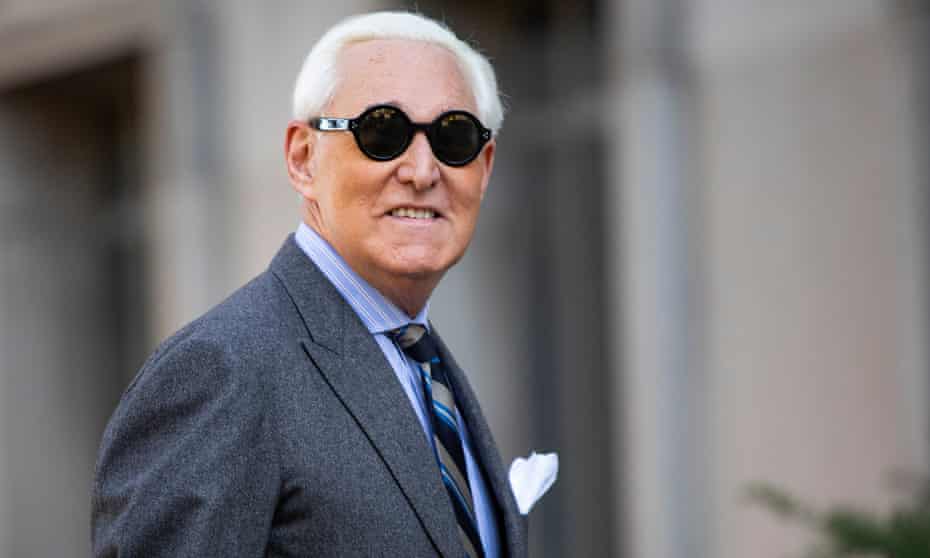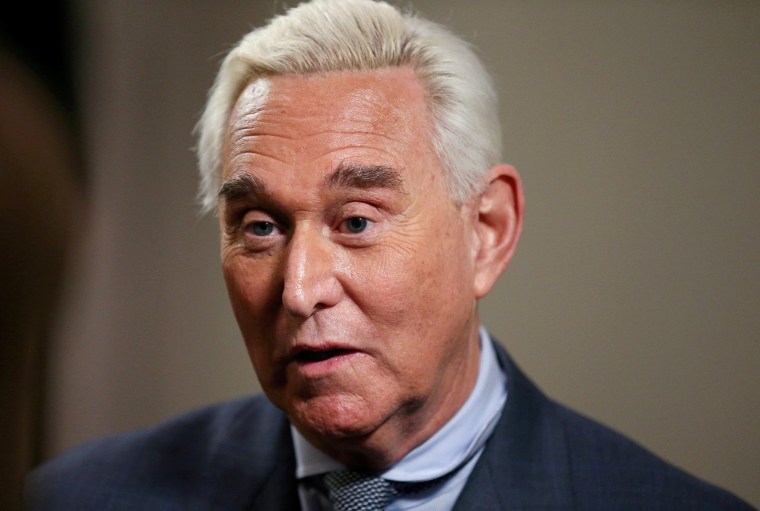
Trump advisor Roger Stone, who permitted a Danish film crew to follow him around for more than two years, including during the days before January 6, 2021.
A stunning exposé in the Washington Post today by Dalton Bennett and Jon Swaine shows that Stone helped to coordinate the “Stop the Steal” protests and met before the January 6 riot with a member of the far-right Oath Keepers group who has since pleaded guilty to seditious conspiracy. Stone refused to let the filmmakers see him for about 90 minutes during the height of the violence on January 6—an aide said he was napping—but when the extent of the crisis became clear, he slipped out of Washington on a private plane, claiming he was afraid incoming attorney general Merrick Garland would prosecute him.
Stone then lobbied hard for a presidential pardon for himself and a number of Trump supporters in Congress for trying to overturn the election. When White House counsel Pat Cipollone opposed the requests, Stone texted a friend, “See you in prison.”
Stone has categorically denied all the conclusions drawn from the film footage.
/cdn.vox-cdn.com/uploads/chorus_image/image/67044012/1187862307.jpg.0.jpg)








